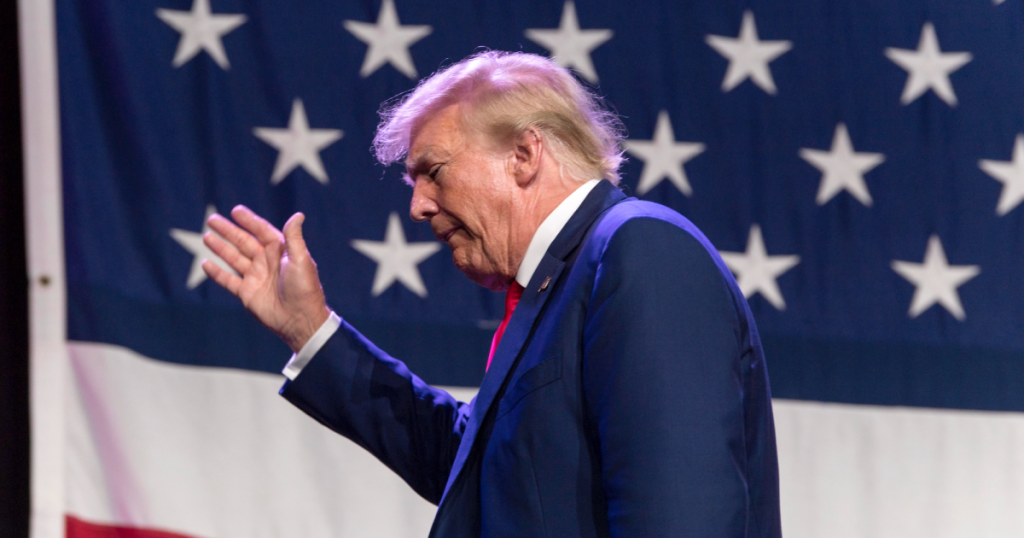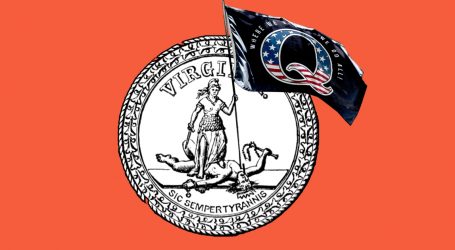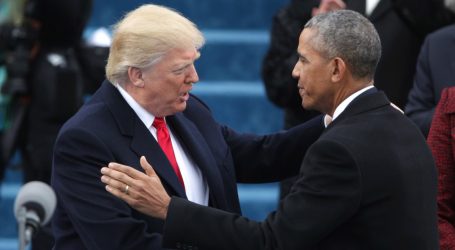Very Annoyed Judge Rejects Trump’s Latest Scheme to Avoid Criminal Charges
Brian Cahn/ZUMA
Fight disinformation: Sign up for the free Mother Jones Daily newsletter and follow the news that matters.A state judge in Georgia has rejected Donald Trump’s bid to throw out a grand jury report and disqualify the Fulton County district attorney from investigating the former president’s efforts to overturn that state’s 2020 election results. The ruling could potentially clear the way for criminal charges in the case.
The nine-page order comes from a man who seems to be running out of patience for Trump’s attempts—”perplexingly, prematurely, and with the standard pugnacity”—to derail the justice system with chaotic legal challenges. That tactic, of course, is nothing new for Trump, who has a long record of countersuing, silencing, and being a general menace to the rule of law over the decades. Such strategies are widely seen as central to Trump’s continued survival, both as a terrible businessman and as a political candidate.
“Guessing what the picture might look like before the investigative dots are connected may be a popular game for the media and blogosphere, but it is not a proper role for the courts and formal legal argumentation,” Judge Robert McBurney wrote, chastising Trump for his efforts to throw out large chunks of Fulton County District Attorney Fani Willis’ investigation before any indictment has materialized.
McBurney also denied Trump’s request to disqualify Willis herself from the investigation, calling it “bold” and groundless. The judge’s refusal to sideline the Atlanta-based prosecutor comes as Willis’ office confirmed this past weekend that charging decisions will be announced by September 1. “We’re ready to go,” she told CNN affiliate WXIA.
Elsewhere in the ruling, McBurney appeared to mock Trump’s grievance-fueled fundraising tactics. “For some, being the subject of a criminal investigation can, a la Rumpelstiltskin, be turned into golden political capital, making it seem more providential than problematic,” he wrote.





